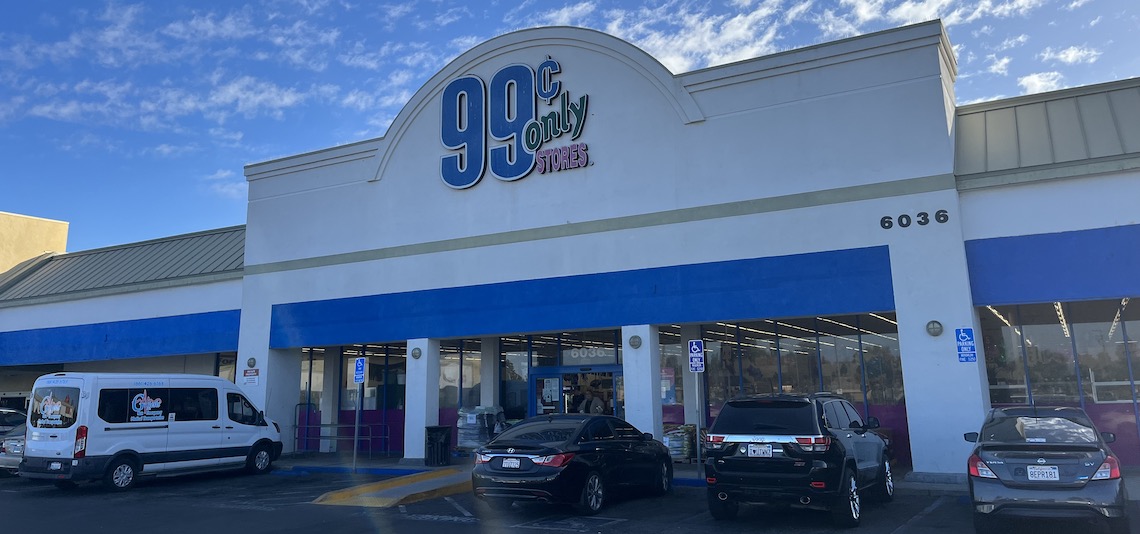
Community members enjoy going to the 99 Cents Only Stores because of its affordability and the business’ positive impact. However, on April 5, the company announced that 99 Cents Only Stores will discontinue business at all its 371 locations around California, Nevada, Texas, and Arizona.
This news comes after the franchises’ ongoing struggle and inability to operate in today’s competitive economy. Interim CEO Mike Simoncic said in a statement, “Unfortunately, the last several years have presented significant and lasting challenges in the retail environment, including the unprecedented impact of the COVID-19 pandemic, shifting consumer demand, rising levels of shrink, inflationary pressures, and macroeconomic headwinds.”
Since founding the 99 Cents Only Stores in 1982, founder Dave Gold has helped provide for many in Los Angeles and neighboring boroughs like the San Joaquin Valley. The franchise’s popularity came from its ability to offer name-brand products at decreased or discounted prices. It is a helpful resource for anyone trying to stay within a budget because of challenging factors like inflation and capitalism.
Closing stores like Dollar Tree and 99 Cents Only Stores will create more financial strain on the neighborhoods that need them most. Communities located in food deserts or food insecure areas, like many areas in Fresno, are at risk and will desperately need access to cheaper essential foods, especially for individuals with government assistance, lower-class neighborhoods, and college students.
Food deserts lack access to healthy and affordable products like fruits, vegetables, and necessities for everyday living. Many 99 Cents Only Stores in Fresno and other states are in or near food deserts. The absence of 99 Cents Only Stores will leave a void that will, unfortunately, be filled by high-cost department store options that aren’t affordable for individuals attending college or living day-to-day trying to survive in today’s inflated economy.
This closing will also impact rural areas because these small but important communities rely on small convenience stores, and finding affordable merchandise is challenging.
In recent years, California has experienced quite an unemployment crisis and with the closing of all locations, hundreds of people will lose their jobs. It has been a significant concern and one of the prominent effects of the COVID-19 pandemic. The 99 Cents Only Stores within communities provide substantial jobs to community members and contribute to the local and overall economy. As a result, these discounted business closures can strain regional resources.
The city of Los Angeles is said to be providing informational resources to the employees due to their forthcoming circumstances. Mayor Karen Bass reassured the public, saying, “We must do all we can during this difficult time.”
The significant factors contributing to the closings of 99 Cents Only Stores are inflation, rising product changes, and consumer demand. Products usually distributed at reasonable prices or a dollar plus tax will now have to be purchased at other stores that charge two or three times more than 99 Cents Only Stores.
NBC4 in Los Angles investigated product prices by comparing 99 Cents Only Stores prices to those of other local chains like Grocery Outlet and Ralphs. At the 99 Cents Only Stores, a pack of strawberries, cantaloupe, a 3 pound bag of potatoes, a pack of tortillas, and a gallon of milk totaled $11.39. At Grocery Outlet and Ralphs, the estimated amount for the same products came out to $14.95 and $17.96 respectively.
The 99 Cents Only Stores is a treasured business that provided for the communities they were in for decades, and its closure is a great loss that will be felt by many for years to come.


